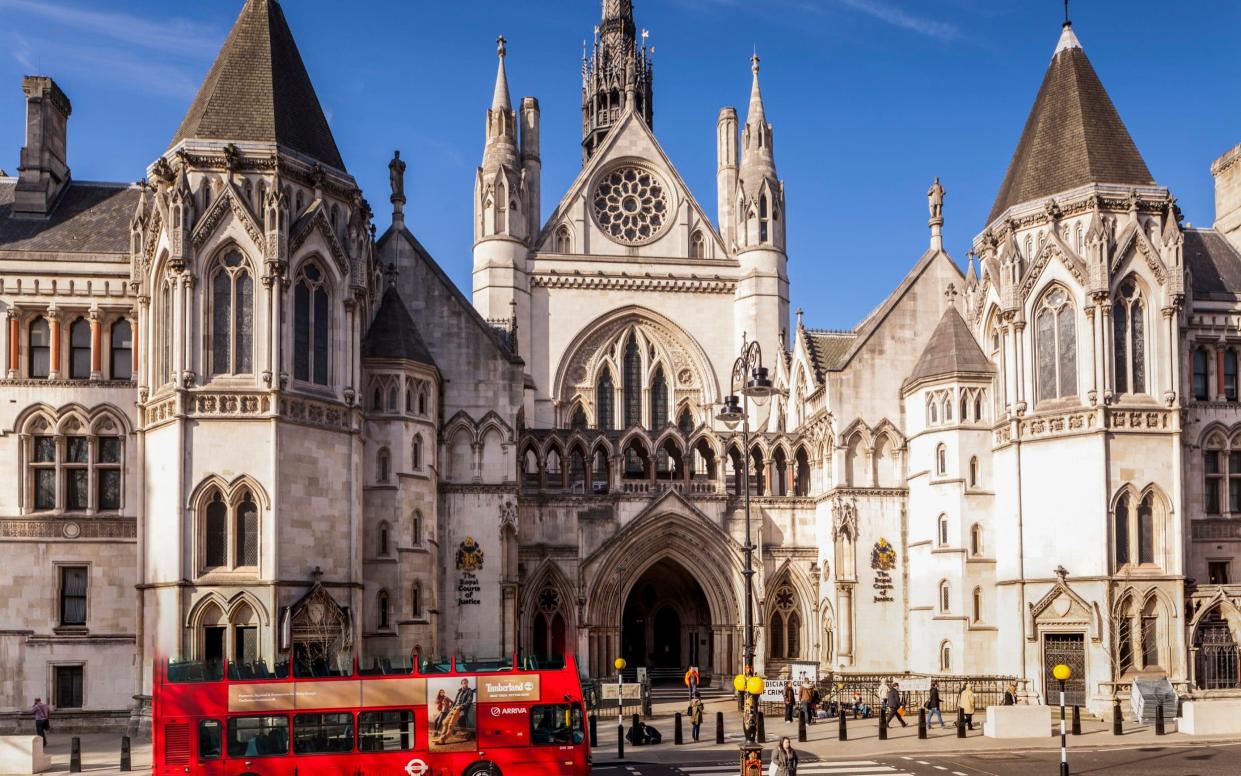Mentally ill woman should not have abortion, court rules after Catholic mother brings challenge

The Court of Appeal has blocked a mentally ill woman’s abortion after the Catholic church warned it would infringe her human rights.
Three senior judges overturned a ruling made on Friday that the woman, who is in her 20s and 22 weeks pregnant, should have a termination against her wishes because it was in her best interests.
The woman’s mother, who is Catholic and a midwife, brought the challenge after arguing that she would look after the baby.
John Sherrington, a bishop in the Catholic diocese of Westminster, had branded the original ruling, made by the Court of Protection, “sad and distressing”.
Following the decision, doctors told the woman she would go to sleep and when she woke up the “baby would no longer be in her tummy but she would get a new doll.”
But the woman, who has a mental age of between six and nine, will now be allowed to continue with the pregnancy.
The appeal judges said they would provide their reasons for overturning the ruling at a later date.
The NHS Trust responsible for the woman’s care had asked for the court’s permission to terminate the pregnancy.
Three specialists, an obstetrician and two psychiatrists argued there was a risk to the woman's psychiatric health if the pregnancy continued and said her behaviour could pose a risk to a baby.
They also said taking a baby from her would cause greater psychiatric harm than terminating the pregnancy.
But both the woman's mother and her social worker were against a termination.
Lawyers representing the woman, who has a “moderately severe” learning disability and mood disorder, also said she should be allowed to give birth.
Justice Nathalie Lieven, sitting in the Court of Protection, said on Friday: “I am acutely conscious of the fact that for the state to order a woman to have a termination where it appears that she doesn’t want it is an immense intrusion.”
But she added that she had to act in the woman’s “best interests, not on society’s views of termination”.
Bishop Sherrington said: “Forcing a woman to have an abortion against her will, and that of her close family, infringes her human rights, not to mention the right of her unborn child to life in a family that has committed to caring for this child. In a free society like ours there is a delicate balance between the rights of the individual and the powers of the state.”
He added: “This case, for which all the information is not available, raises serious questions about the meaning of ‘best interests’ when a patient lacks mental capacity and is subject to the court’s decision against her will.”
The Court of Appeal heard that Mrs Justice Lieven's analysis of what was in the woman's best interests was flawed.
John McKendrick QC, representing the woman’s mother, said the judge had speculated about what would happen if the pregnancy continued.
"There is a clear overall view of a young woman who wishes to have a baby,” he said.
Katie Gollop QC, representing the woman, who is from the London area but cannot be identified, said the evidence showed that she was "highly adaptable" and "flexible".
The court heard that the "circumstances of the conception" were "unclear" and that a police investigation was ongoing.

 Yahoo News
Yahoo News 
